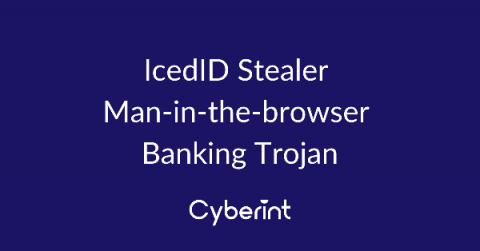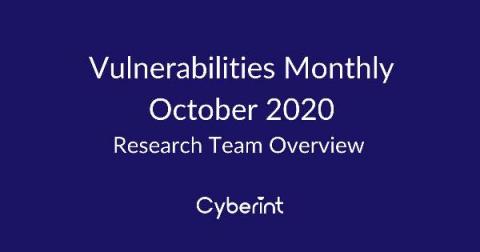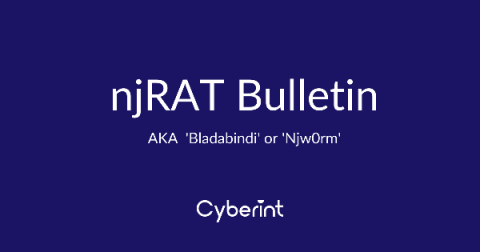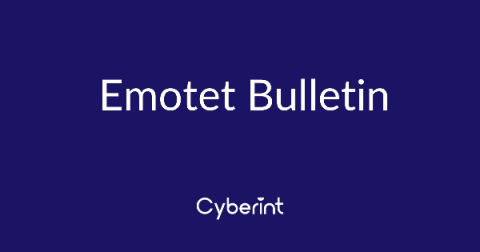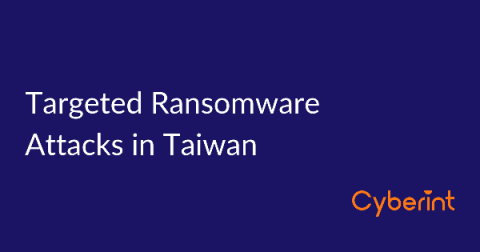IcedID Stealer Man-in-the-browser Banking Trojan
IcedID stealer (Also known as BokBot) was first discovered at the end of 2017, believed to be a resurgence of the NeverQuest banking Trojan. It is a modular banking trojan that uses man-in-the-browser (MitB) attacks to steal banking credentials, payment card information and other financial data. The stealer possesses relatively sophisticated functionality and capabilities such as web injects, a large remote access trojan (RAT) arsenal and a VNC module for remote control.


